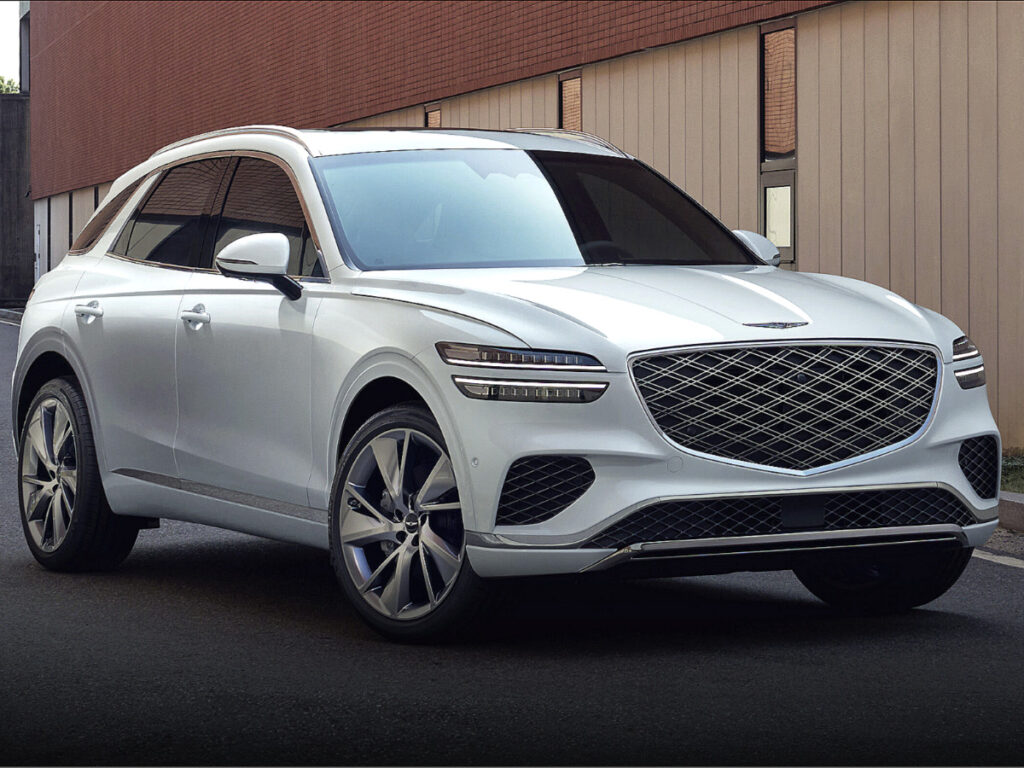

Fuel efficiency has long been a thorn in Genesis’s side, with consumers lamenting the brand’s thirsty engines. While these vehicles excel on the highway, they often leave drivers wincing at the pump.
But Genesis has finally rolled out its answer to this persistent challenge.
By introducing its hybrid technology and Extended Range Electric Vehicle (EREV), Genesis is ramping up its electrification strategy. This move isn’t just about adding another powertrain option; it’s a pivotal shift that could redefine the brand’s trajectory.
Promising a Whopping 900km Range

Genesis has announced plans to launch its inaugural EREV model, the GV70 EREV, globally in December 2026. Dubbed Hybrid 2.0, this model marries the efficiency of electric propulsion with the reliability of a gas engine. The GV70 EREV will run solely on electric power, with its built-in 2.5-liter turbocharged gas engine serving as an onboard generator. This setup allows drivers to hit the road without range anxiety, even in areas where charging stations are few and far between.
With an estimated total range of about 900km (approximately 559 miles), the GV70 EREV outpaces rivals like the BMW X5 xDrive50e with about 80km (approximately 49.7 miles) of electric-only range, Volvo XC60 Recharge with about 60km (approximately 37.3 miles), and Lexus RX 500h in electric-only driving distance.

The vehicle is built on a modified Hyundai Electric Global Modular (E-GMP) platform, blending the strengths of both pure electric vehicles (EVs) and hybrids. Genesis plans to roll out the GV70 EREV first in key markets including North America, Europe, and South Korea.
Industry analysts view this model as a crucial stepping stone for consumers transitioning to EVs. It’s seen as an ideal choice for those intrigued by EVs but hesitant due to range or charging infrastructure concerns.
Rear-Wheel-Based Hybrid: Luxury Feel Intact

Genesis is set to launch the GV80 Hybrid and G80 Hybrid in the latter half of 2025. These models will debut Hyundai Motor Group’s first rear-wheel-based hybrid system.
Notably, this shift from a front-wheel-centric layout preserves Genesis’s signature rear-wheel-drive dynamics. The parallel P1 and P2 motor configuration minimizes friction losses and enables smooth transitions, enhancing both refinement and fuel efficiency. Hyundai Motor Group claims this system delivers a 21% boost in power density and 7% increase in torque density.
The vehicles will also feature precision-controlled Electrification-Vehicle Motion Control (e-VMC) 2.0 and electric all-wheel drive (e-AWD) systems, along with EV-inspired features like regenerative braking, vehicle-to-load capability, and a stay mode. However, maintaining spacious interiors – a key concern for luxury buyers – remains a challenge. As batteries and motors eat into cabin space, Genesis is working on slimmer battery designs and dedicated electrified platforms to preserve passenger comfort.
Genesis’s Electrification Gambit

Genesis has committed to an all-electric lineup by 2030. The introduction of hybrid and EREV models marks the first concrete step in this ambitious roadmap. As a luxury marque, Genesis aims to maintain its hallmarks of performance, refinement, design, and premium feel while embracing sustainability and practicality.
A Genesis spokesperson stated that the hybrid and EREV offerings aim to address fuel efficiency and range concerns while delivering tangible benefits to consumers. This underscores Genesis’s focus on user-centric values beyond mere technological advancement. The hybrid system balances high-performance driving with fuel efficiency, while EREV technology mitigates common EV ownership concerns.
Genesis is bringing to life its vision of luxury vehicles that can be driven without constant worries about fuel costs or charging availability. These dual strategies will likely define Genesis’s position in the electrified automotive landscape.
























